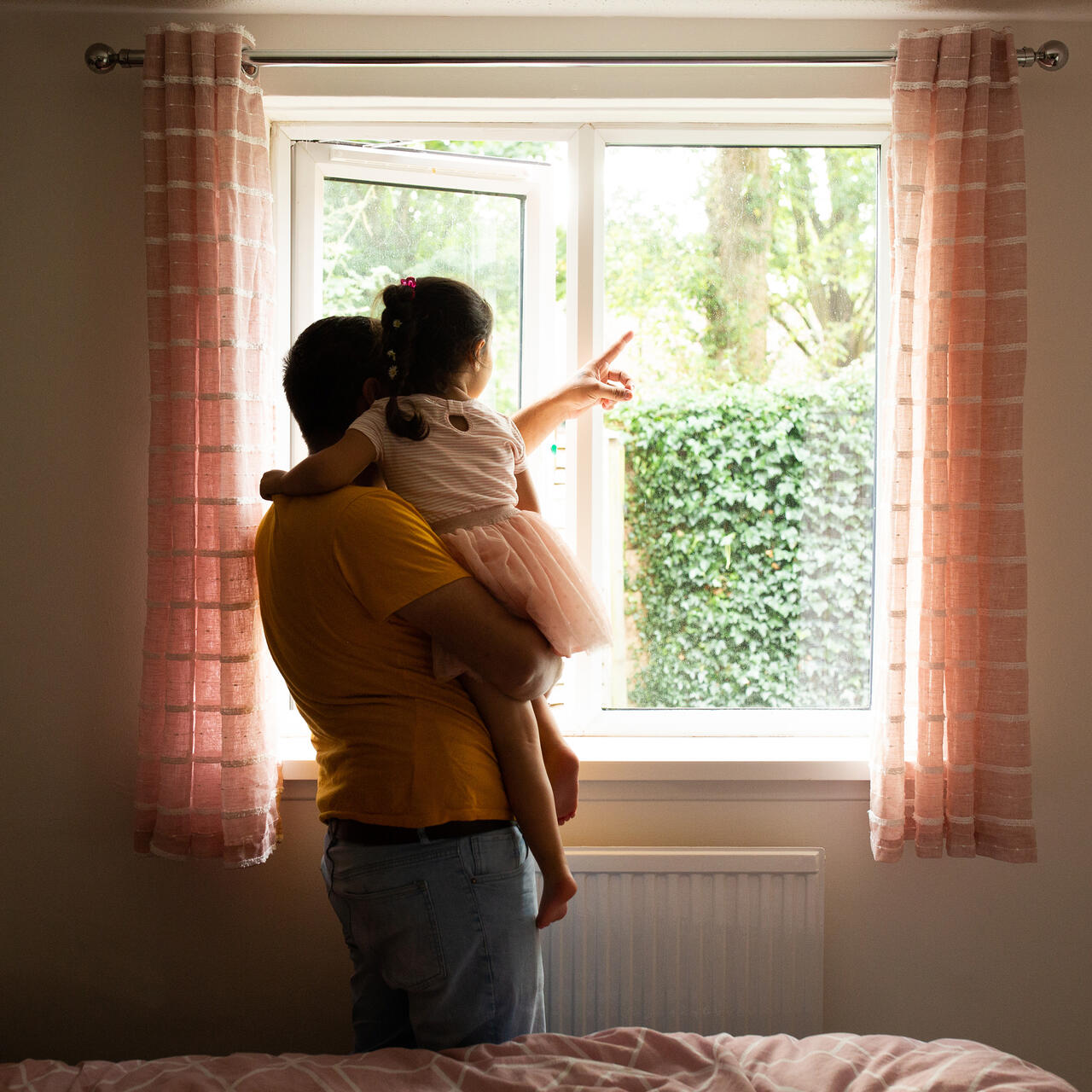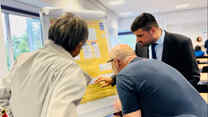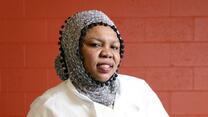Country facts
- Population: 67 million
- Number of refugees at the end of 2020: 132,349
- Number of pending asylum cases at the end of 2020: 77,245
- Percentage of population that are refugees: 1%
IRC response
- Started work in the UK: 2021
- Provides integration support to refugees and their local communities.
People fleeing for their lives and seeking safety in the UK must be treated with fairness, compassion and dignity. Britain has a proud history of offering safety and sanctuary to people in need, but more recently it’s failing to live up to this legacy.
2020 was a record low for resettlement globally as a result of the pandemic. The UK granted 353 people protection through resettlement schemes in the year ending March 2021, 93% fewer than in the previous year. While the global need for durable solutions for the most vulnerable continues to grow; 1.47 million refugees were identified as in need of resettlement by the UNHCRs Global Resettlement Needs report in 2021.
Between March 2020 and March 2021 there were 26,903 asylum applications made to the UK. 47% of these were approved.
The five main countries that people granted asylum in the UK flee from are Iran, Syria, Sudan, Eritrea and Afghanistan.
The UK government has recently presented the Nationality and Borders Bill to parliament, which proposes a number of wide-ranging changes to the UK’s asylum system. One aspect of the Bill that is especially concerning is the proposal to send asylum seekers to third countries for off-shore processing. Off-shore asylum processing is costly and complex and will only increase the suffering of people seeking safety and protection. It fails to address the root causes of displacement.
The Bill - labelled anti refugee - has been widely criticised by NGOs and UNHCR for discriminating against people who arrive spontaneously, with new measures around ‘temporary protection’ visas and inadmissibility if people pass through a safe country.
It is not illegal to seek asylum in the UK. The UK is a signatory of the 1951 Refugee Convention, which stipulates that people can seek asylum in any country they choose.
Offering permanent safe and legal pathways to the UK is vital and must be preserved.
Whilst the majority of the world’s refugees live in developing countries neighbouring their country of origin, third country resettlement offers the vital chance for the most vulnerable to rebuild their lives in safety. Many of those resettled in the UK come via The Vulnerable Person Resettlement Scheme, which supports those with the greatest needs including people requiring urgent medical treatment, survivors of violence and torture, and women and children at risk.
Even for those who manage to secure legal status to work in the UK, many refugees face a number of barriers to finding jobs despite bringing skills and education along with an eagerness to contribute to their new communities. The IRC knows that access to the workforce is key to successful integration. Despite arriving safely in Britain, refugees still face significant challenges on the pathway to rebuilding their lives, such as access to education, language barriers and access to basic services.
We know that when refugees are welcomed and offered the opportunity they can thrive. Local communities in Britain stand to benefit greatly from welcoming refugees. Refugees are an asset to the UK, enriching local communities whilst also making an important economic contribution. They can support the local economy by starting their own businesses, providing jobs, and filling jobs in sectors facing labour shortages.
The IRC works in partnership with local councils to provide better integration support to refugees, asylum seekers and vulnerable migrants living in the UK from Syria, Afghanistan, Ukraine, Iraq, Sudan and beyond. Support is provided through various activities, including orientation for newcomers, employment counselling, peer mentorship and leadership training. Find out more about how the IRC supports refugees in the UK.
The IRC’s Healing Classrooms delivers training sessions for teachers and support staff across the UK to provide safe and supportive learning environments for refugees. The IRC also provides practical advice and resources on how to incorporate social-emotional learning into the curriculum.
The IRC also works together with both Parliament and Government in strengthening the UK's policies and responses to crises and conflicts around the world. Find out more about the IRC's work in Westminster.






